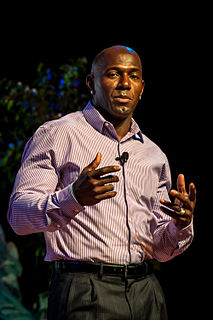A Quote by Ayobami Adebayo
When I was in my late teens, a couple of friends passed away suddenly. This was quite distressing, but after a while, as tends to happen when one is once or twice removed from grief, I stopped thinking about them all the time.
Related Quotes
These people you used to see every day, friends or acquaintances, after a while they become as distant as any stranger, people you suddenly recall late at night--you remember something they said or something silly that someone once did. For a few moments they completely occupy your mind; then you forget them again.
But in the beginning, when you're looking at this and you're thinking about it, the CDC gets brought up to this place to deal with this virus and it's something that they've never seen. That, in itself, is quite frightening in a story because real-life epidemics are something that happen, all the time. I think there were just a couple of reported cases this last week in Vancouver of some people passing away with H1N1.
Getting up quite late in the morning, going and trying to clean my bikes - I have quite a few of them in Ranchi - spending some time with my family, my parents and friends. Going out for rides with my friends and having lunch or dinner at a roadside hotel - that's my favourite time-pass. These are the sort of things that really excite me.
On the day long after childhood when I suddenly heard of his death, the sky grew dark above my head. I was walking on a Southern highway, and a friend driving in a pony carriage passed me, stopped and said, "Have you heard that Charles Dickens is dead?" It was as if I had been robbed of one of my dearest friends.
I'm a writer, not an editor, and though the editing rarely cut into my writing time, it did take away from that walking-around-thinking-about-it-when-you're-not-thinking-about-it time that I think is important for writers. When you're half-thinking about what you're working on while driving, cooking . . . just letting things sift and settle, come to you.
And then, into the fantasy, as into a dream, would come the thought: it's not like this anymore; the world has changed. Just the way, even at that time fully two years after my mother's death, I'd catch myself thinking about her as alive; and would suddenly remember, an admonitory finger of grief upon my breast, that she was gone.
I've run into people in my life who were so dramatic; people who are so extreme and so frustrating to be around that you end up thinking about them and talking about them for literally years after your experience with them is over. I've had that happen to me, and I've seen it happen to other people. I find it fascinating.






































